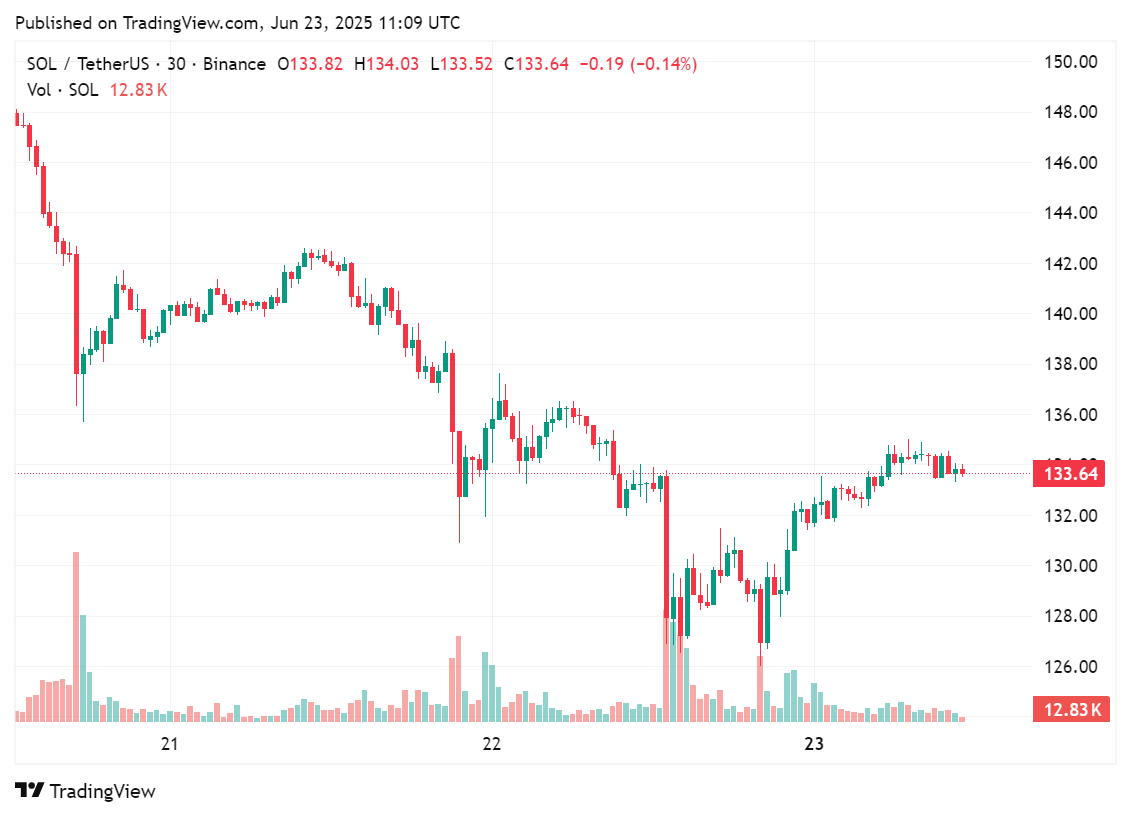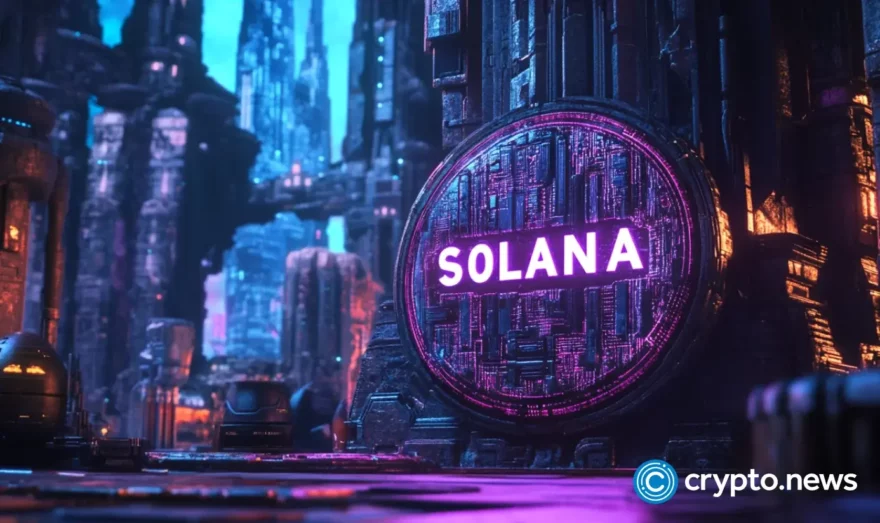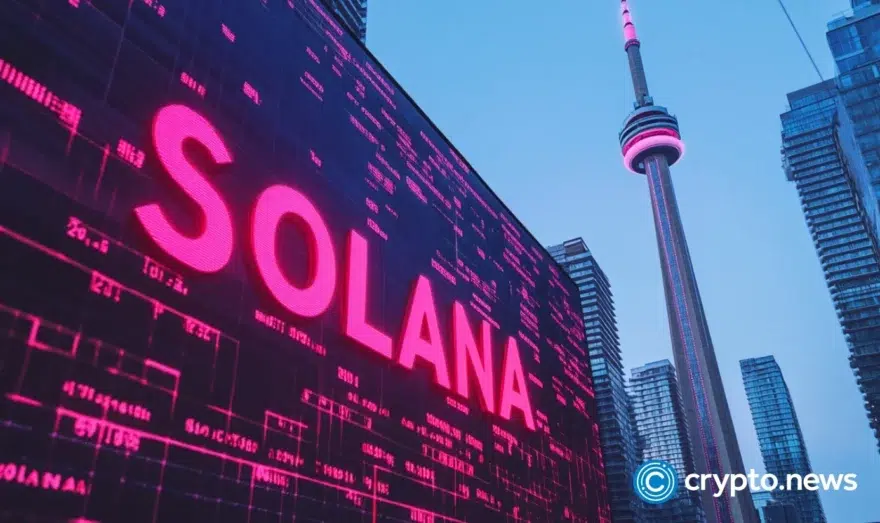Solana inks partnership with Kazakhstan Ministry to advance tokenized markets and crypto education

Solana announced that it has recently signed a Memorandum of Understanding with the Kazakhstan government to advance the region’s crypto industry through education and boosting startups.
In a recent post, the blockchain announced that the President of the Foundation, Lily Liu, just signed a Memorandum of Understanding with the Kazakhstan Ministry of Digital Development, Innovations and Aerospace Industry. The joint collaboration is aimed at advancing startups in the region that operate on the SOL (SOL) blockchain by providing more resources and tools.
The partnership will also serve to boost crypto developer education in Kazakhstan and advance the tokenization of capital markets to attract more investors into the market.
In the short video provided, Liu explained that the foundation has been looking for partners to work with in order to advance societies and build innovation that would also serve to increase the adoption of web3 technology.
“We look for people, companies, and countries that really want to partner in that vision and bring the next generation of financial infrastructure and also financial opportunity to their people and to their country,” said Liu, adding that the foundation saw Republic of Kazakhstan as a suitable collaborative partner.

Within the video, nCMO at the Solana Foundation Akshay BD explained how blockchain technology could help lure more investors into the country’s Astana International Exchange or AIX. By tokenizing capital markets on Solana, 90% of the trading volume would be stored within the blockchain.
“And that’s how AIX becomes globally competitive with NYSE and Nasdaq,” he said.
The partnership comes nearly a month after the nation established the first Solana Economic Zone in the Central Asia region.
On May 30, Kazakhstan’s MDAI officially launched the Solana Economic Zone Kazakhstan or SEZ KZ for short. It was the first economic initiative built on the Solana blockchain and established in Central Asia.
The Minister of Digital Development, Innovation and Aerospace Industry, Zhaslan Madiyev, believed that the initiative reflects the country’s willingness to integrate advanced digital technologies into its economy.
“We are committed to building a resilient and competitive digital environment. Projects like the Solana Economic Zone allow us to test and implement next-generation solutions — from asset tokenization to cultivating web3 talent,” said Madiyev.

















